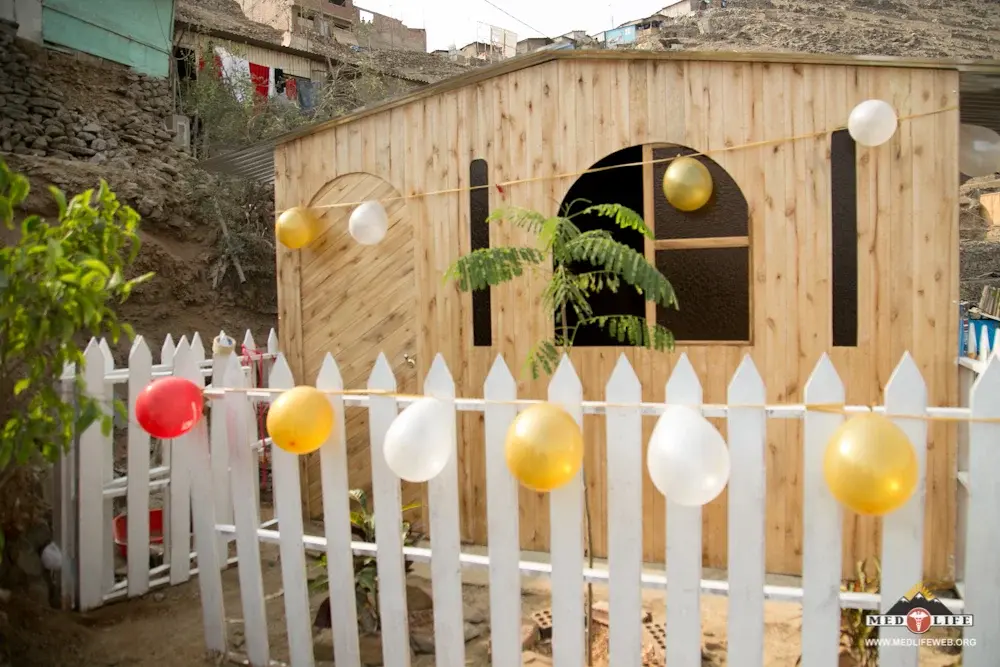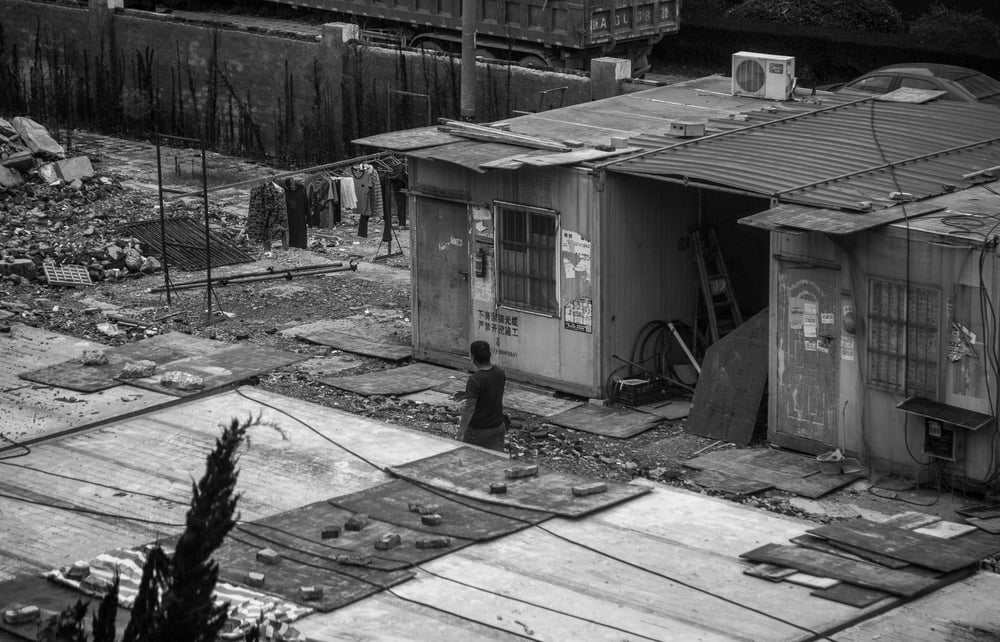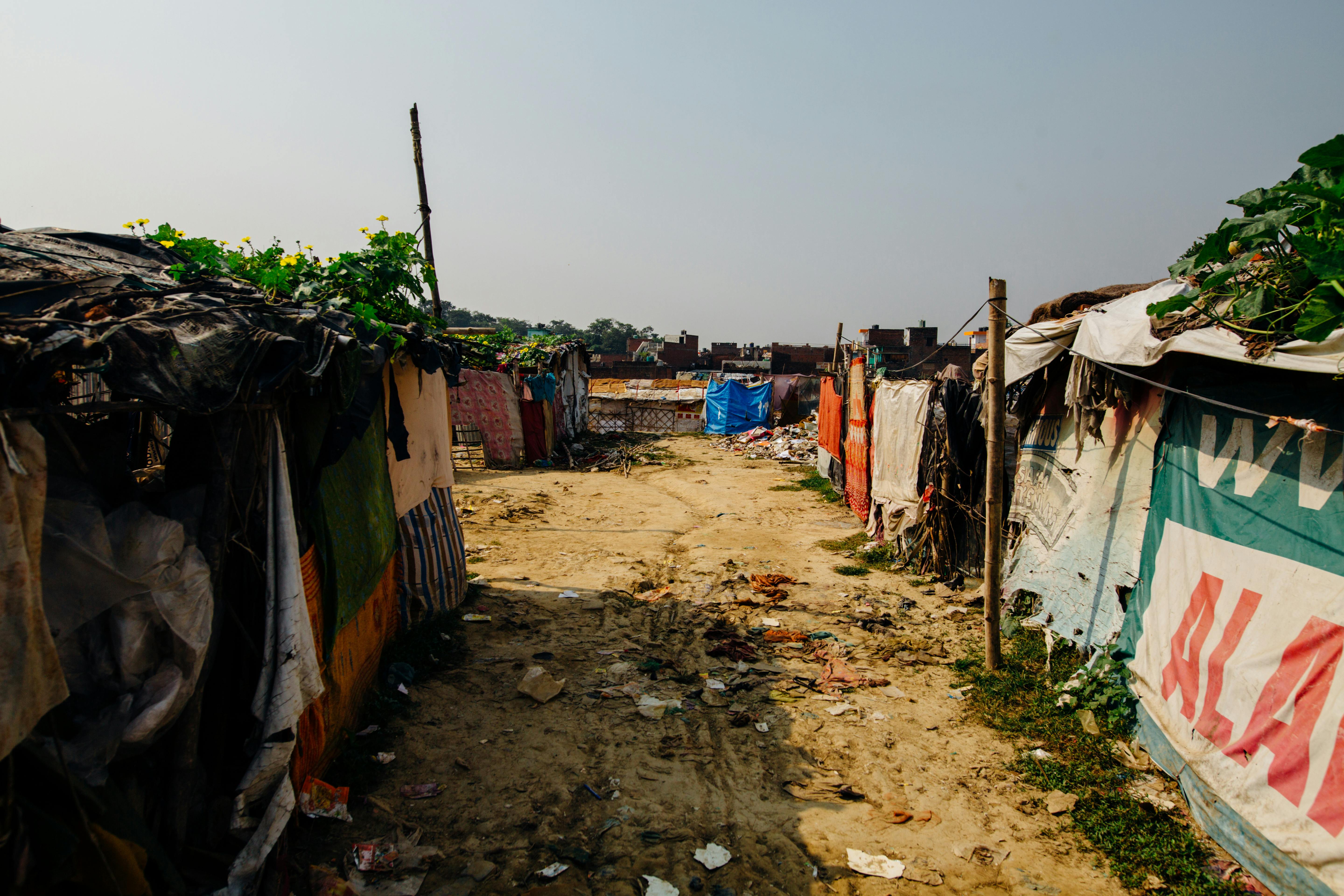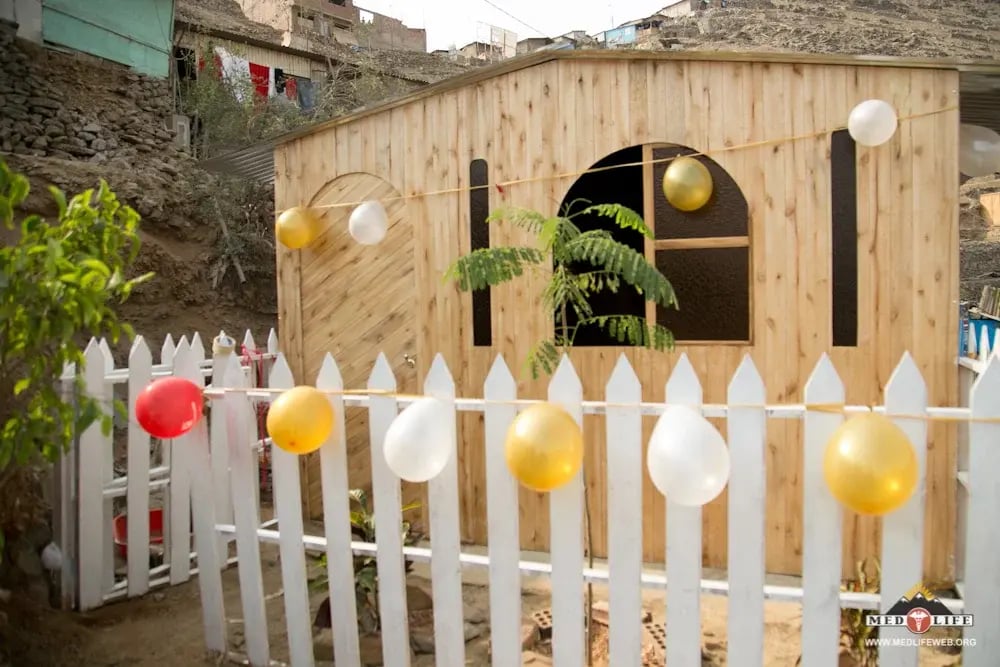
Connecting theory and reality: Affordable Housing projects in Underserved Communities
If you're spending your university years mastering theory, you know that putting that knowledge into practice is the real challenge. The classroom offers neat solutions, but reality, particularly when dealing with Affordable Housing, is complex. This isn’t just a policy debate; it’s the ultimate interdisciplinary test. the moment your studies connect directly to human impact.

The best place to apply your skills is in Underserved Communities
What exactly is an Underserved Community? These are places where access to vital resources—quality healthcare, education, stable jobs, and secure housing—is systematically limited. For families in these areas, every day is a battle to secure the essentials.
They often spend a disproportionate amount of their income on rent, leaving little left for food, transportation, or schooling. This vulnerability locks families into a cycle of disadvantage, making it almost impossible to plan for long-term success.
The Interdisciplinary Challenge of Stable Housing
This is where the concept of Affordable Housing moves from simple construction to strategic social development. It’s not just about building homes cheaply; it’s about creating stability that breaks cycles of poverty. When families gain secure housing, they unlock potential across the board:
- Health: Moving from unsafe, overcrowded conditions into stable homes significantly improves community health outcomes.
- Education: Children gain a stable place to study and thrive, directly leading to improved educational success.
- Economy: Freeing up family income allows for investment in better nutrition and future education, bolstering local resilience.
For students like you, this field offers unparalleled hands-on learning:
- For Engineering or Architecture Student: Your challenge is to design sustainable, resilient Affordable Housing solutions that honor local constraints and maximize resource efficiency within these Underserved Communities.
- For Humanities or Social Science Student: Your work involves understanding the community’s social fabric, ensuring the development fosters leadership, and guaranteeing that the housing truly serves as a catalyst for collective growth.
The problems of Underserved Communities demand diverse skills, making your unique degree instantly relevant.

Beyond Shelter: Our Community-Led Model in Safe Homes
At Safe Homes, we’ve learned that lasting change is built hand-in-hand with the families who will live there. Our approach to Affordable Housing goes beyond the roof overhead. By emphasizing community-led solutions, our projects not only provide secure living conditions but also create opportunities for local residents to gain skills and take ownership of their future. This is what truly transforms Underserved Communities from places of struggle into spaces of hope and resilience.
By joining our effort, you see firsthand how this stability reduces the risk of homelessness and improves community safety, demonstrating that Affordable Housing is the heart of sustainable community development.
If you’re looking for an experience that genuinely challenges and validates everything you’ve learned in your university program, working in Affordable Housing within Underserved Communities is the perfect field.
For related insights, see how affordable housing and education are linked or learn about the role of safe housing in the cycle of poverty.

Ready to apply your talent where it matters most?
Our Service Learning Trips are specifically designed for students to gain this kind of high-impact and hands-on experience. If you’re inspired to contribute, explore construction volunteer opportunities or consider joining a humanitarian trip abroad.
Safe Homes Movement – Paving the Way for Housing Solutions
Affordable housing is more than a policy issue. It’s a human need that shapes the future of families and entire communities.
Want to learn more? Download the Safe Homes Movement brochure. If you’re ready to support the work long-term, consider becoming a monthly donor. Every bit counts.




